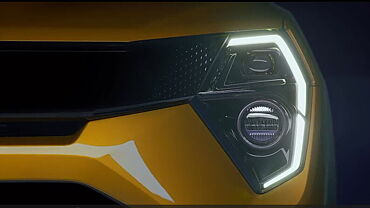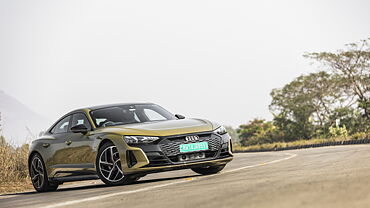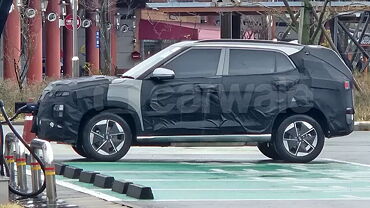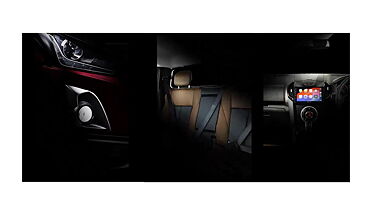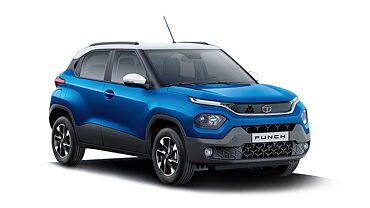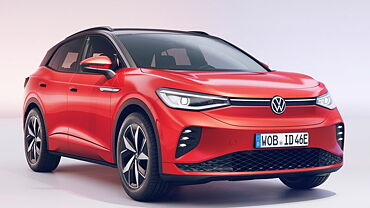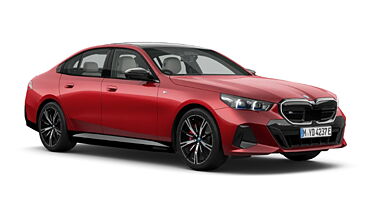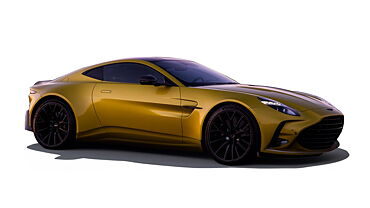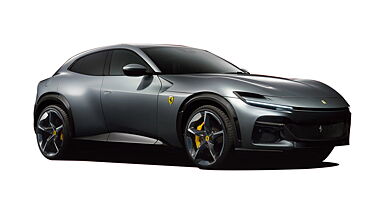With the intention of giving some respite to car makers, Government of India is planning to offer subsidies for manufacturing electric cars. Reportedly, the Ministry of Heavy Industries is working on plans to give away benefits for electric car makers under the National Electric Mobility Mission Plan by April 2014. According to sources, the new policy focussing on encouraging car companies to produce electric cars was unveiled by Prime Minister, Manmohan Singh. However, due to some unavoidable circumstances, it was not passed, thereby leaving companies in a fix. Now, it is being reported that the concerned ministry will get all cabinet approvals in 2014. The policy of giving subsidies for electric vehicles might get in effect from 1st April 2014, sources have claimed.
Further divulging details about the same at the Society of Indian Automobile Manufacturers (SIAM) conference, Ambuj Sharma, Additional Secretary for Ministry of Heavy Industries said that the biggest hurdle in introducing the electric vehicle policy is the slowing economy. He said, “The government is hard pressed for cash. The level of incentives which we are thinking is to the tune of Rs. 12000 crore over the next seven years, till 2020. On an average about Rs. 2000 crore will be provided as incentive, which is a big sum. We are trying to tie-up”.
After the Booz Allen study, which was conducted on the behalf of Government of India, the ministry has interacted several times with the leading automotive body of the country. These meetings were aimed at chalking out a suitable incentive scheme for boosting the future of electric cars in India. As per the current estimates of the government, till the year 2020, 1.5 million four-wheeler and 4.5 million two-wheeler electric vehicles are expected to be on roads in India, contributing about 17 per cent market share.
Sharma further said that if electric vehicles become a success in India, then Rs. 40,000 crore worth of fuel will be saved. He also hinted that the total expenditure incurred on making the vehicle shall be considered at the time of giving incentives to the manufacturer. On taking account the expected cost of a conventional engine which is presumed to be Rs. 5 lakh while the same for electric engine is Rs. 6.5 lakh, the government will offer incentives on the differential cost, which is Rs. 1.5 lakh.
Commenting on the possible car makers that might take up building these vehicles, Sharma said that Mahindra Reva has already set up production capacity of manufacturing 40000 electric cars. Interestingly, Tata Motors and Maruti Suzuki are also actively working on developing hybrid and electric vehicle technologies. The models that will be powered by these technologies are likely to debut in the next two to three years.
Speaking on the same, Sharma said, “Mahindra is already working on a four seater and a seven seater electric vehicle. Kinetic is working on a three wheeler. TVS and Bajaj Auto are working on hybrid motorcycles, which are at a homologation stage. Five or six leading domestic manufacturers are already in the fray and we hope that foreign OEMs will also bring in their smaller cars at least.”



